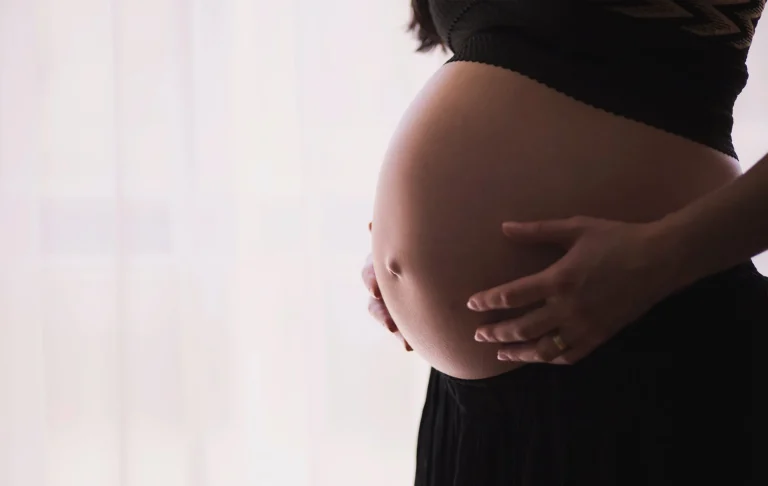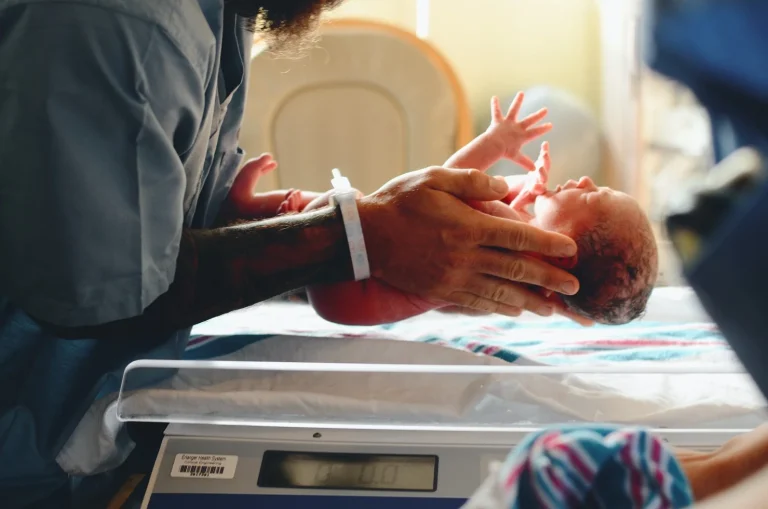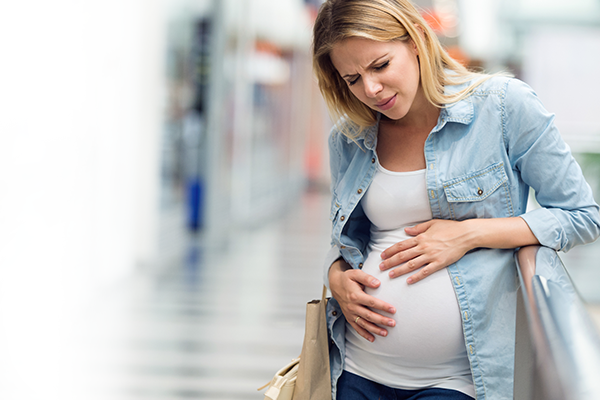Cigarettes contain dozens of harmful and carcinogenic substances. This addiction leads to the development of cancer and respiratory diseases, among others. Not everyone is aware that it also has numerous harmful consequences for the child developing in the womb. Find out exactly about the risks of smoking during pregnancy.
Smoking during pregnancy – is it forbidden?
Until recently, even among some doctors, the opinion circulated that not smoking during pregnancy was worse for the baby’s development than smoking itself. Nothing could be further from the truth. There are no studies showing the negative effects of quitting smoking on the developing fetus. In contrast, there is much literature that addresses the negative effects of nicotinism during pregnancy. For this reason, smoking during pregnancy is strongly discouraged for all women, as is alcohol consumption, regardless of their previous habits or the amount consumed. In addition, expectant mothers should also avoid being around tobacco smoke (passive smoking).
Smoking during pregnancy – what are the risks?
Smoking during pregnancy can have serious consequences, which manifest themselves in numerous developmental disorders of the child. Cigarettes contain dozens of toxic substances that are harmful to both the fetus and the pregnant woman. Tobacco smoke is considered teratogenic, a substance that causes birth defects, such as heart defects, in the child. The possible effects of smoking during pregnancy also include an increased risk of premature birth and low birth weight of the baby. In addition, the baby is at increased risk of sudden infant death syndrome. Children born to mothers who smoke during pregnancy are also more likely to develop bronchial asthma, atopic dermatitis and respiratory infections. In addition, there are increasing reports about the late effects of smoking in pregnant women.
Passive smoking during pregnancy
It has been known for years that passive smoking can lead to the same dangerous diseases as active nicotinism. The substances contained in tobacco smoke and inhaled by the expectant mother can harm the developing baby. Therefore, pregnant women should not be around smokers.
Smoking cessation during pregnancy
Ideally, a woman (and her partner) should quit smoking before she becomes pregnant. If she does not, she should quit smoking as soon as the pregnancy test is positive. The reason is that quitting early can prevent the negative effects of cigarettes on the baby. During pregnancy, it is advisable to stop smoking with the support of relatives and without additional aids (so-called nicotine replacement therapy). Nicotinism is classified as a psychological addiction, which means that one reaches for a cigarette out of habit. With the right motivation and support from the people around you, you can get rid of this habit. Smoking cessation does not lead to serious physiological consequences in the female body (so-called withdrawal symptoms). Therefore, the myth that quitting is harmful for the developing child remains only a myth.











